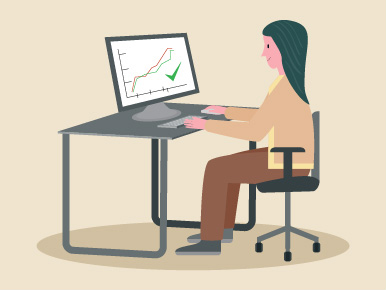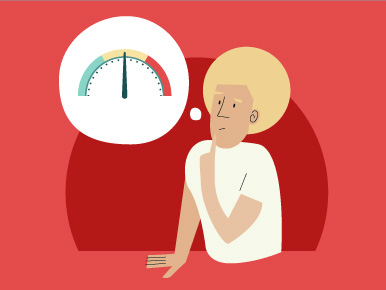Are you on track to save enough money in your KiwiSaver account?
A lot of people assume that, because they’ve joined the scheme and are contributing 3% of their salary, plus their employer’s 3%, they’re all set for a comfortable retirement.
But sometimes, that might not necessarily be the case.
Here are a few things to check.
How much are you on track to save?
In broad terms, a 20-year-old starting out in KiwiSaver now, earning $60,000 a year - about the median salary - and contributing 3% of their income plus 3% from their employer in a balanced fund would have just under $290,000 saved at retirement, according to the Sorted calculator. That assumes they do not withdraw their money for a first home, which is increasingly common.
A 40-year-old on the same salary, also starting from a zero balance, would get to just over $120,000.
There are lots of calculators online that will show you what you are set to have saved by the time you retire, and how making changes to your settings could alter that final balance.
What might you need?
While these numbers might sound a lot, it can be expensive to fund a retirement.
Massey University produces work on what people spend in retirement and has found that most people need more than they can get in NZ Super.
A two-person household in a main centre would need $484,500 each to live a “choices” lifestyle with a few luxuries, such as travel, and $117,500 each to live a “no frills” lifestyle, the researchers said.
These households were likely to be spending $900 and $220 a week more than they would receive in the pension, respectively.
In a provincial centre, couples would need $46,000 each to live a “no frills” life and just over $300,000 to live with choices. These would cost $86 and $567 more a week than NZ Super respectively.
Single people living alone would need $200,000 for a no-frills life in a smaller town or $824,000 for a choices life in the same area. In the main centres they would need $355,000 for a basic existence and $717,000 for the extras.
Based on those numbers, it looks like a lot of people on median incomes might not achieve the sort of investment outcomes needed to have a retirement with everything they might want.
Of course, everyone’s needs are likely to be different – you might like to do your own hypothetical retirement budget to see what you might need.
Those numbers also generally assume that people are living in a house that they own. People who are renting may need to have more money set aside to cover that cost.
How can you boost your balance?
Generally, people can increase their KiwiSaver balance in a few ways.
- Increase the contribution rate. If you can increase what you put in, you’ll probably end up with a better outcome. If it’s too much to bump up your contribution in one hit, you could slowly increase it a little each year, or put it up when you get a pay rise.
- If you are contributing more than your employer will match, or more than the $1042 required for the full member tax credit if you’re self-employed, you might also think about the right type of investment to save your extra contributions, whether it is KiwiSaver or a different investment.
- Check you’re in the right fund for your risk profile. Generally, riskier funds deliver higher returns over the long term. If you can afford to take a bit more risk, you may be rewarded for it.
- Make the odd lump sum contribution. If you can’t commit to a higher regular repayment, this could be a way to bolster your balance.
Like to chat?
KiwiSaver is becoming an increasingly important part of many New Zealanders’ financial lives. If you’d like to check in on yours, you could use the LifeDirect tool in partnership with koura, or drop us a line. We’d be happy to help.
Disclaimer: Please note that the content provided in this article is intended as an overview and as general information only. While care is taken to ensure accuracy and reliability, the information provided is subject to continuous change and may not reflect current developments or address your situation. Before making any decisions based on the information provided in this article, please use your discretion and seek independent guidance.












